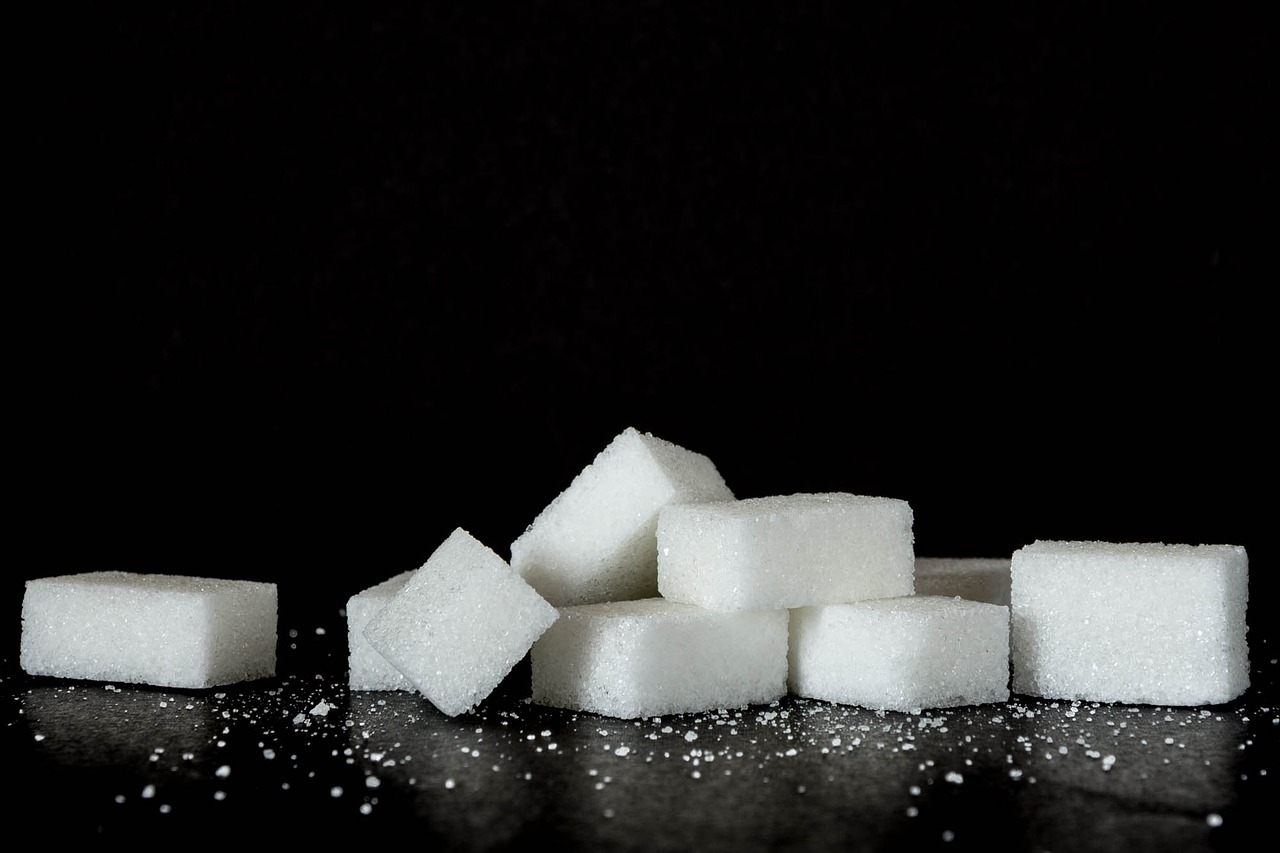Philippine News
SRA insists ‘no midnight deal’ amid sugar supply decline

The sugar price range at the Muntinlupa Public Market is from PHP60 to PHP80 depending on classification. (Pixabay photo)
MANILA – The Sugar Regulatory Administration (SRA) insisted Wednesday no questionable deals have been made to favor some in the sugar importation sector amid supply decline.
In a statement, SRA Administrator Hermenegildo Serafica said they have been disclosing projections of a sugar supply drop in the market, adding that it was the impact of Typhoon Odette.
“There is no midnight deal. SRA has always been transparent with the figures on production and demand and as early as February we have already projected that we will have a deficit in our sugar supply largely because of weather disturbances such as Typhoon Odette, excessive rain, and overcast skies which have been detrimental to the growth and sugar content of the sugarcanes in the majority of sugar-producing areas,” he said.
The SRA made the statement as the price of sugar increased in several markets in the country.
In Quezon City, the price of white sugar as of Wednesday ranges from PHP75 to PHP90; PHP65 to PHP75 for washed sugar; and PHP60 to PHP75 for brown sugar in Muñoz Market, according to the Department of Agriculture.
The sugar price range at the Muntinlupa Public Market is from PHP60 to PHP80 depending on classification.
The United Sugar Producers Federation (USPF) earlier said market prices could have been lower if import supplies were brought directly to end-user consumers and no longer to manufacturers, referring to the importation under the Sugar Order (SO) 3.
In a teleradyo interview, USPF president Manuel Lamata said the SRA should “flood or oversupply the market,” pertaining to the 200,000 metric tons of imported sugar.
Serafica, meanwhile, said the manufacturers are the ones short of supply.
“The federation of Mr. Lamata also recommended importation with the condition that traders take part in the importation. SRA however, being the repository of all the Philippines’ sugar situation data, deemed at that time that since the shortage was in standard refined sugar and bottlers grade sugar, it was the manufacturers who were running out of sugar, hence the importation would be for the manufacturers,” he said.
He argued the hike in sugar prices in the market is significantly affected by the delay in the implementation of SO 3.
“His group filed a TRO (temporary restraining order) on the implementation of SO 3 which caused delays in the importation, exacerbating the pressure on the sugar supply-demand situation with all the manufacturers trying to secure all the sugar they can from the local market. If SO 3 had been implemented according to schedule, we would have been able to address the demand of the manufacturers early on, prices would not be this high and our raw sugar and refined sugar supply would not be at this critical volume,” Serafica said.
Besides the delay, other strategies have also been disclosed prematurely, particularly the proposal for SO 4 which allowed the importation of both raw sugar and refined sugar with a total volume of 350,000 metric tons.
“This was prematurely leaked to the press. At the time of crafting SO 4, the sugar situation was already different from when SO 3 was crafted hence the difference in the import volumes. But a day after SO4 was leaked to the press SRA received a legal opinion from OGCC that SO3 may still be implemented in other regions except region 6. So SRA went ahead and implemented SO3 but the damage caused by the delay in its implementation was already done and is being felt now,” Serafica said.
Despite this, the SRA vowed to monitor and act on the next development of the sugar supply situation.
To date, estimated sugar production is now at 1.8 million metric tons, lower than the average demand for three years, reaching 2.03 million metric tons.





















